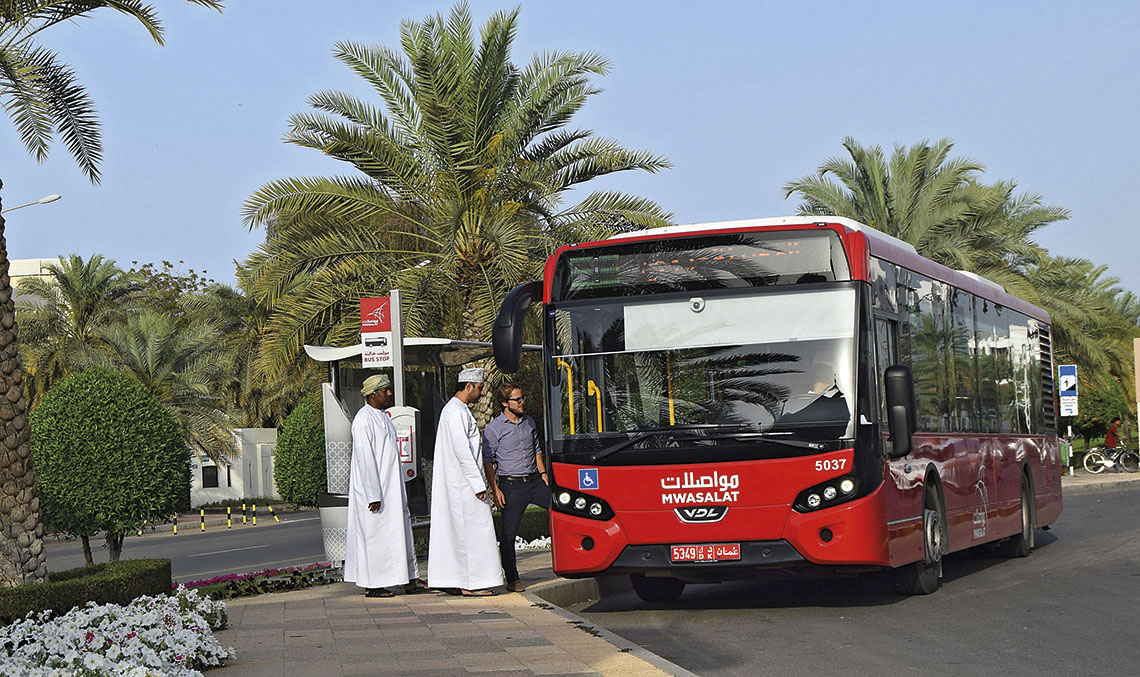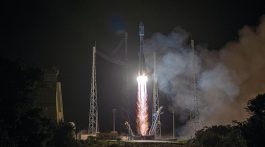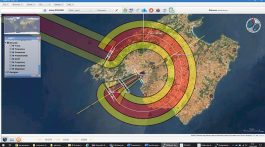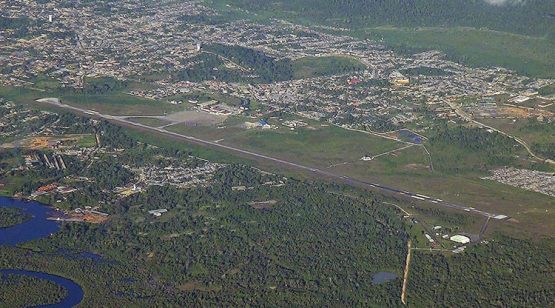Oman aims for an urban and interurban transport system that is modern, efficient and sustainable, covering all modes of transport and driving the country’s social, economic and tourism development. With these objectives, Ineco is carrying out comprehensive advisory and consulting work in the country for the proper planning and implementation of the system.
The company has thus drafted the Bus Transport Strategic Plan for Mwasalat, the public transport operator, formerly known as ONTC (Oman National Transport Company). The Plan, drawn up in conjunction with Grupo Ruiz, includes an extensive programme of actions such as the deployment, already underway, of the public transport network of Muscat, the capital, the implementation of new urban transport services in other cities such as Salalah and Sohar, and the extension of the current interurban transport network. It also includes an infrastructure investment programme (bus stations, workshops, parking areas, etc.), the implementation of new management and operation service technologies and the definition of financial plans.
By 2014, Ineco had carried out a Public Transport Master Plan for Muscat for the Oman Ministry of Transport and Communications (see ITRANSPORTE 54), which set out, among other actions, to create a sole public transport authority, to gradually implement a network of new routes and to construct a reserved platform (bus lanes). The Plan also involved the Ministry of Transport and Communications as well as other public bodies and entities, such as the Royal Oman Police, the Ministry of Tourism and the National Planning Council.
RELIABLE AND MODERN PUBLIC TRANSPORT
These projects have represented a milestone in the strategic planning of the country’s public transport system. They are the starting point where the Ministry of Transport and Communications, through Mwasalat, has begun to implement new routes and to renovate the fleet of buses.
The new phase is reflected in the complete overhaul of the company’s corporate image, which has been renamed Mwasalat, “transport” in Arabic, and has unveiled a new logotype, inspired by the sails of the dhows, traditional Omani sailing vessels, in reference to the future public transport network.
The goal over is to consolidate a reliable and modern public transport system
The new fleet’s first 40 urban buses have been running on the five new urban routes in the capital since last November, a great success among passengers. Equipped with the latest technology, these low-floor buses have an air conditioning system, extendable ramps for wheel chairs and passenger-information systems. In addition, another 10 buses, designed for long distances, have also begun to provide interurban services, specifically between Dubai and Salalah, among other destinations.
The goal over the next few years is to consolidate a reliable and modern public transport system, which is environmentally-friendly and equipped with smart technologies, that contributes to and strengthens the socioeconomic development of Oman.
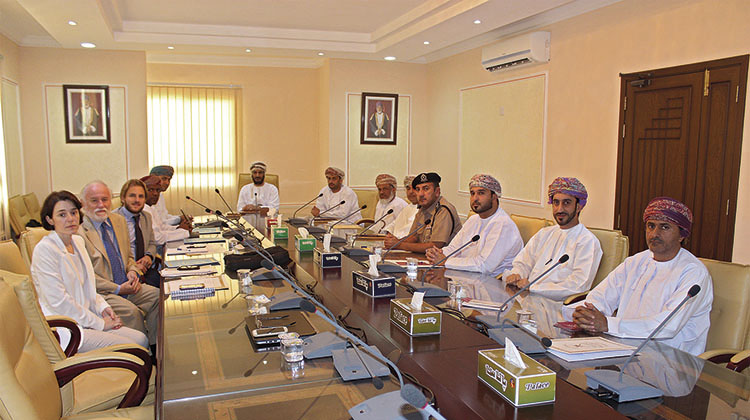
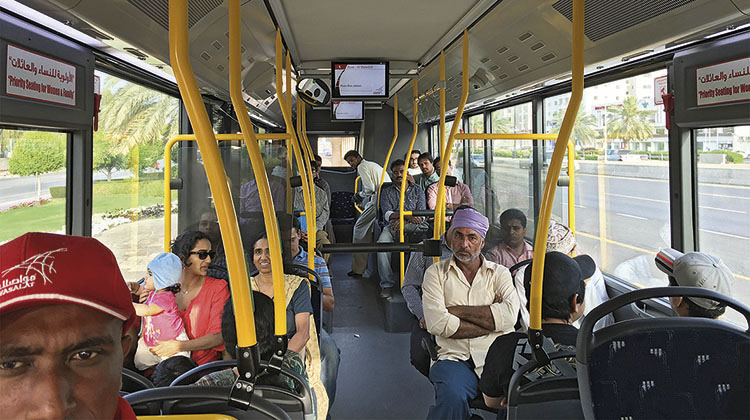
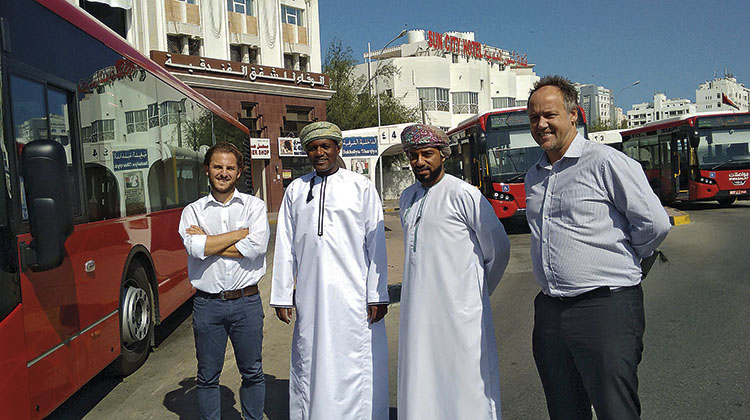
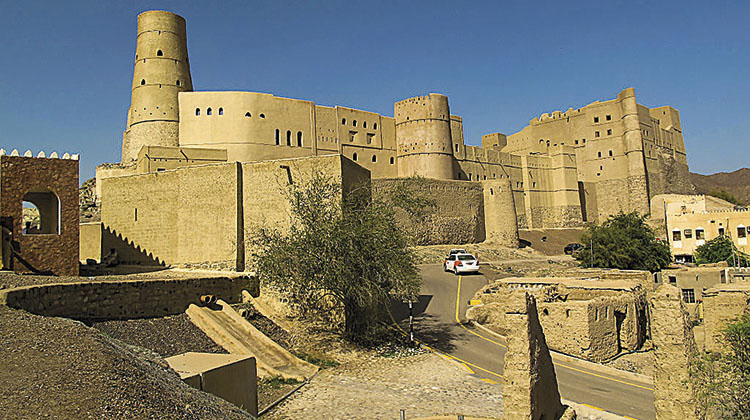
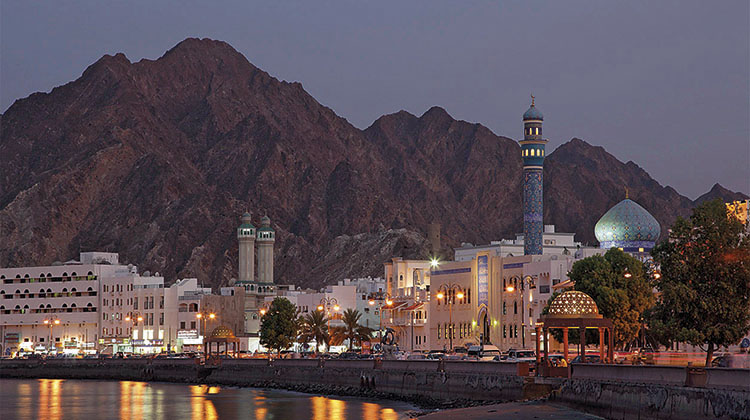
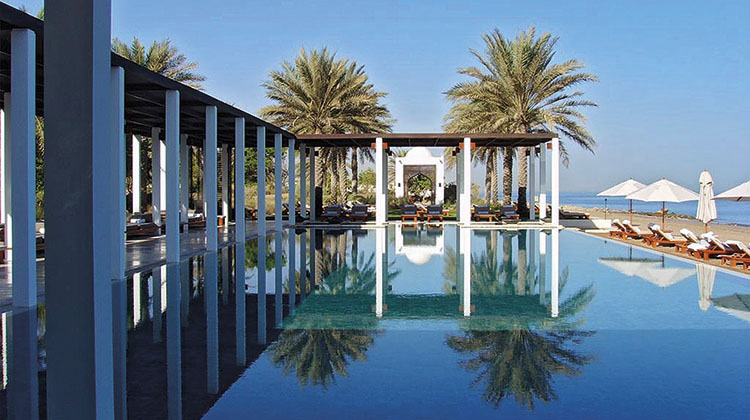
TOURISM BOOST
The population of Oman, 4,301,825 inhabitants according to data from 2015, is concentrated in the country’s major urban centres: Muscat, the capital, on the northeast coast, Sohar, to the north, and Salalah, in the south. These cities are all port cities, while the latter two are also industrial centres. Other important cities include Nizwa and Duqm. However, the population density is low for its territory of over 309,000 km2, similar to that of Italy. It is noteworthy that 44% of residents, almost all in urban areas, are foreign workers in addition to being of a very young age: 68% are under 30 years of age according to data from the National Statistics Centre.
This population has come to the country attracted by the dynamism of its economy which is fifth among the economies of the Persian Gulf and 65th in the world according to the International Monetary Fund. Although it is the fifth exporter of oil in the region, Oman is carrying out various strategies to diversify its economy. These strategies include boosting international tourism, which has grown 12% over the last 15 years according to data from the World Tourism Organization. The sector is expected to account for 3% of GDP by 2020.
The development of a multimodal public transport system is key to achieving this, along with the construction and deployment of hotel and leisure infrastructure around the country. A government agency was created in 2005 for this purpose and is promoting several tourism projects: conference, leisure and sports centres as well as golf courses and hotels. We can highlight, for example, the Oman Convention & Exhibition Centre, the Alila Jebel Akhdar Resort and The W Hotel, in addition to the renovation of some of the major international hotels which belong to the government.
From a visitor’s perspective, Oman boasts several attractions which are not yet well-known worldwide, including a great variety of landscapes and climates, from the inland
desert climate and its wadis and canyons, to the tropical climate in the south or the milder coastal plain climate with practically untouched beaches. Tour operators offer packages that include sports and adventure activities such as scuba diving, cave exploration and trekking, as well as wildlife observation–birds, whales, dolphins, tortoises, etc., as, due to its geographical location, Oman is found on the migration routes of several species.
This is in addition to the urban culture and shopping opportunities offered by the capital, Muscat, which includes music, cinema, theatre, modern shops with international brands and souks, or the traditional markets. The country’s millennia-old history is reflected in the cultural and natural assets declared World Heritage by Unesco, such as the archaeological sites of Bat, Al-Khutm and the Al-Ayn necropolises, located inland, which date back to 3000 B.C.; the 2000-year old falajs or irrigation systems, The Frankincense Trail in Dhofar, to the south; and the fort of the oasis of Bahla, to the west of Muscat, one of the most spectacular among the many located throughout the country.


